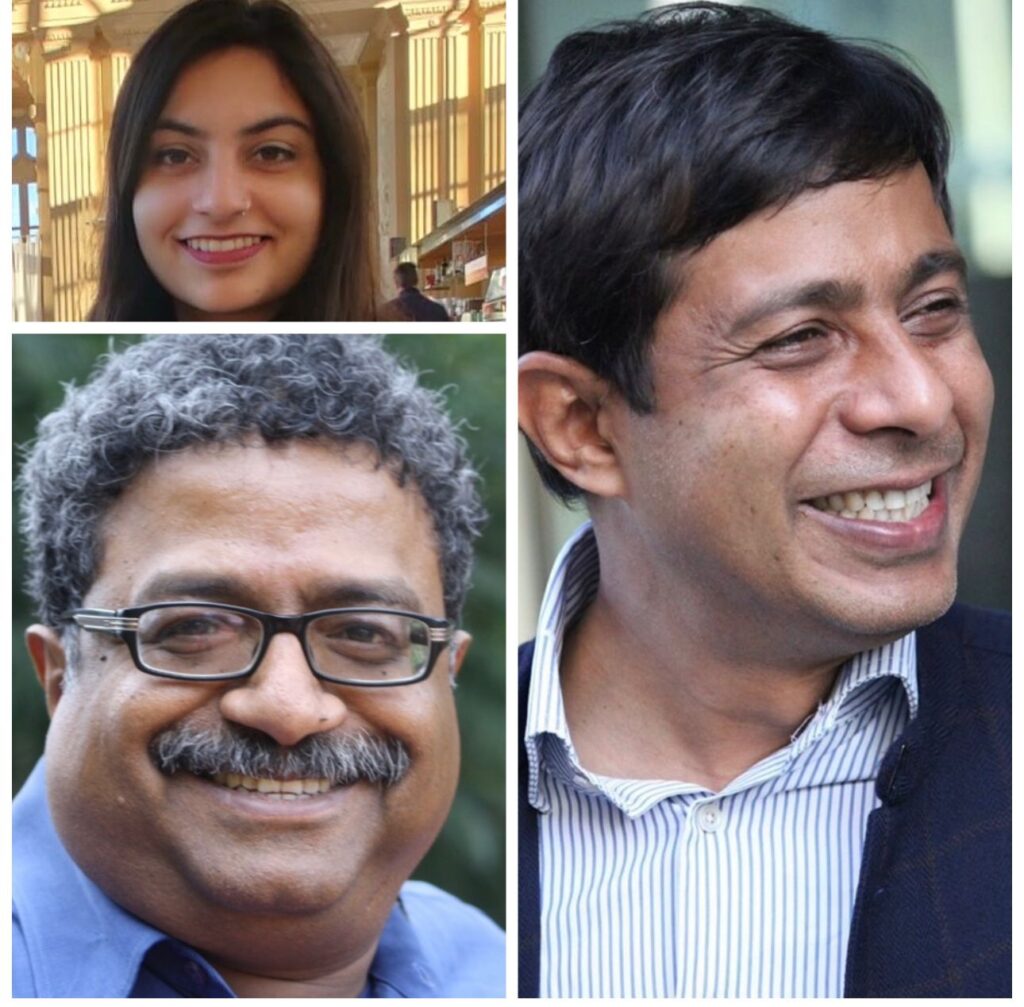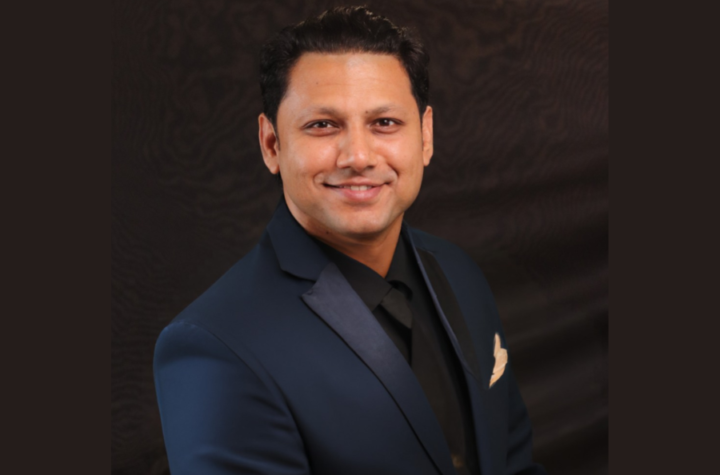Iyce Malhotra, Joseph Mathai and Sandeep Chachra
(The authors work with ActionAid Association. However, the views expressed are personal and do not necessarily represent those of the organization.)
The ongoing hearing in the Hon’ble Supreme Court on same-sex marriage provides space for much-needed conversations on issues that have hitherto remained “invisible” or engaged with patriarchal locker room humour.
We must recognize that people with diverse sexualities and complex gender identities have faced discrimination, stigma and decades of oppression. Their issues have mainly remained buried in dominant social discourse, and many view them with deep insecurities. Political structures, even when built on principles of representative democracy, tend to favour electoral majorities over principles of justice and equality and thus may not be overly concerned about issues of diverse minorities. As the interpreter and arbiter of constitutional rights, our courts, especially the Supreme Court, are best placed to consider and pass judgment on the plea to ensure marriage equality by providing a legal basis for same-sex marriage. The current case is a logical outcome of the 2018 Supreme Court ruling decriminalizing homosexuality in India. Though an invisible minority in India, millions of lesbian, gay, bisexual and transgender people, with other democratic and justice-loving people, are following the proceedings of the court. We hope that the conversations, even within the adversarial legal context, will draw attention to these issues and further the cause for freedom and choice, even in the assertion of gender and sexual orientation and identity.
Long before this case, it has been clear that in the long civilizational histories of this sub-continent, diverse sexual orientations and relationships have not been condemned, and sometimes celebrated too. One of the earliest references to alternate sexuality in Indian mythology is to ardhanarishvara, the hermaphrodite deity depicted as an amalgamation of Shiva and Parvati with male and female characteristics. We celebrate the ardhanarishvara as an icon challenging the notion of gender binaries. Arjuna’s assumption of a eunuch identity, Brihannala, for an entire year in The Mahabharata is another instance of making visible the transgender person. The Kama Sutra, the ancient Indian text on sexuality, eroticism and emotional fulfilment, describes various forms of sexual expression between the same sexes and also alludes to long-term unions between men.
Same-Sex Love In India, a seminal book by Ruth Vanita and Saleem Kidwai, presents expressions of same-sex love in writings of ancient, medieval and modern Indian history. The book presents a sober view of the past, underlining the need for more democratic societies in the present and the future. The authors state in the Preface: “Even when love between men or between women was not trivialized, viewed as inferior to love between men and women, or ignored (and it often was treated in all these ways), even when it was romanticized and to some degree encouraged, society rarely provided institutions that allowed it to be chosen and lived out as primary, in refusal of marriage.”
As a society, it is time for us to recognize that the human rights of all kinds of minorities need to be protected by law because, tragically, left to society on its own, these issues may never be addressed and resolved. The law and the judicial system must be a beacon for the futures we want in our country and the world. We also need to see issues of diverse sexualities and the need to promote the rights of minority sexualities as another task of the de-colonization project because, in Indian or South Asian cultures, there was more acceptance of these diversities. British Colonial Rule imposed their puritanical values through laws like Section 377 of the IPC, which the Supreme Court overturned in 2018.
Medical science and technologies are developing fast, and especially with advanced IVF techniques and the practice of surrogacy, parenthood options are open for all. However, there is a need to move beyond parenthood determined by biological essentialism and reproduction as only emerging from the union of “man” and “woman”. Regardless of medical advances and their implications, maternal and paternal values are not constructs of biological gender. Transgender activist Noorie Saleem’s setting up a home for 300 orphaned children after their HIV-positive parents’ death proves maternal and paternal feelings are not gender determined.
The task before the court is not a simple one. The legal status of same-sex marriage under the Special Marriage Act impacts many laws, including divorce, succession and adoption. However, the judges appear to move beyond the constraints of adversarial procedures. Instead, they are asking the Government what they intend to do to facilitate the rights of same-sex couples and ensure they are not ostracised.
These are good steps. And there is a great need for the Government to reciprocate to bring a just resolution to this issue because though at the level of principles, the concepts of justice, equality and free choice are clear, the “devil is in the details”. There is a need to work out the “benefits” of marriage, the importance of the option to remain single, the acceptance of diversities, moving away from biological essentialism and how we can extend constitutional morality in spheres that the original document did not deal with. These are complicated matters, but humans are complex, social animals.











More Stories
Waseem Ismail Pangarkar: Pioneering Legal Excellence and a Passion for Social Justice
A Journey of Leadership and Innovation: From Terraeagle Technologies to Global Impact – Led by Aditya PS
Ankit Sharma: A Seasoned Professional in Corporate Real estate Development